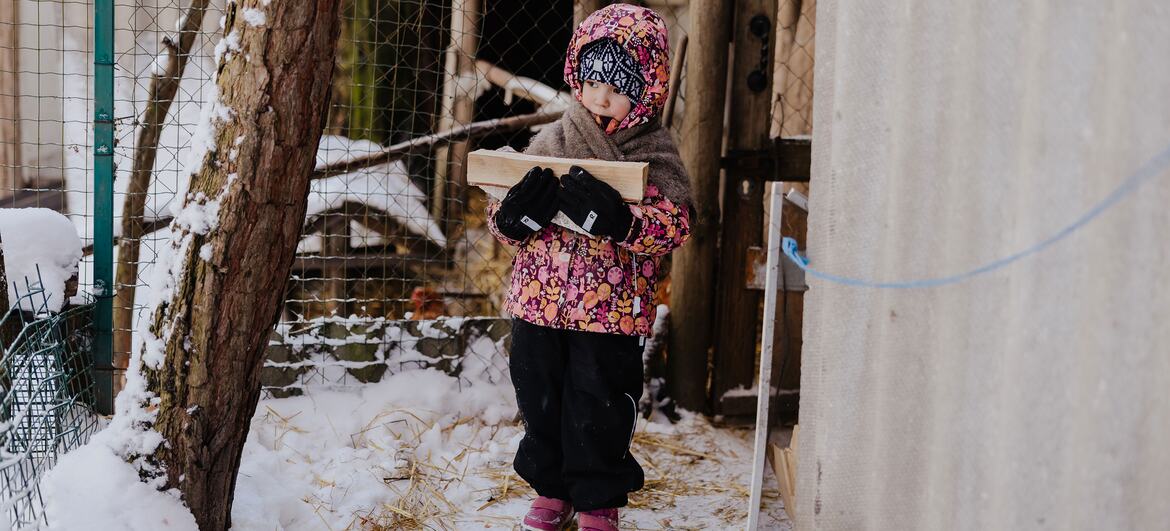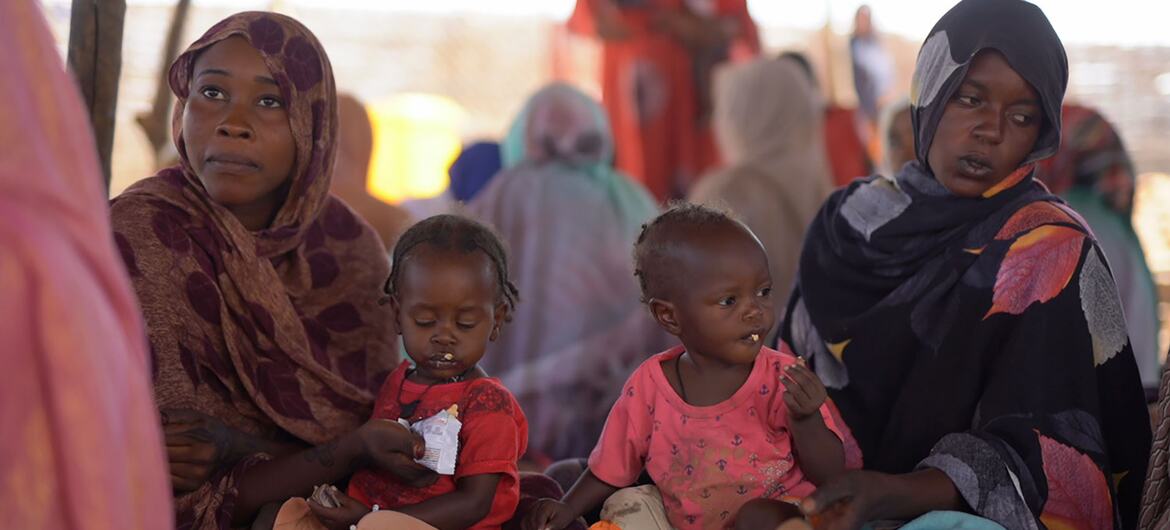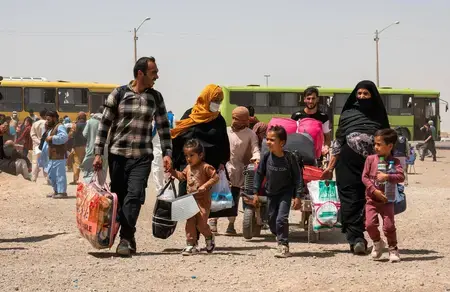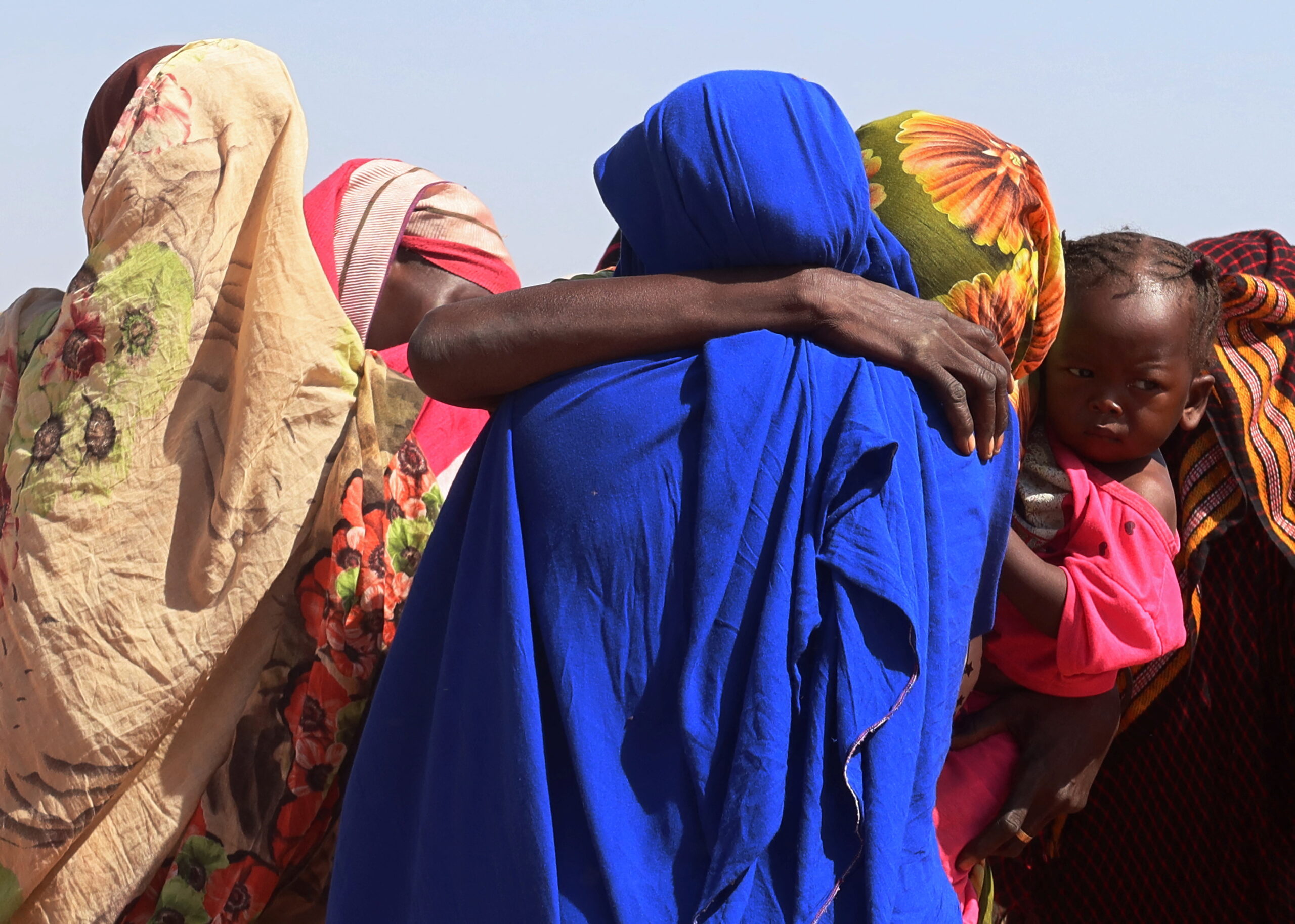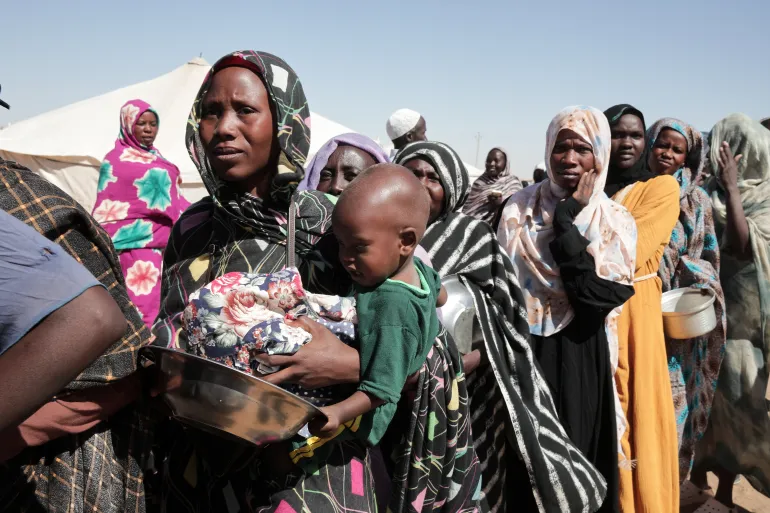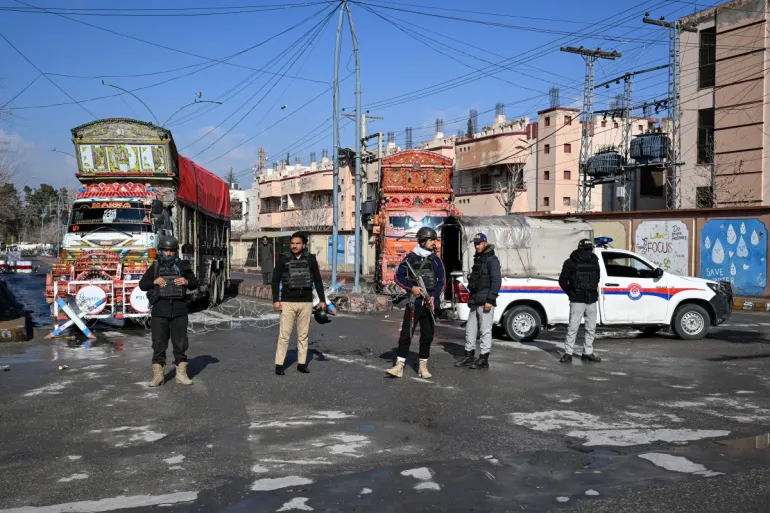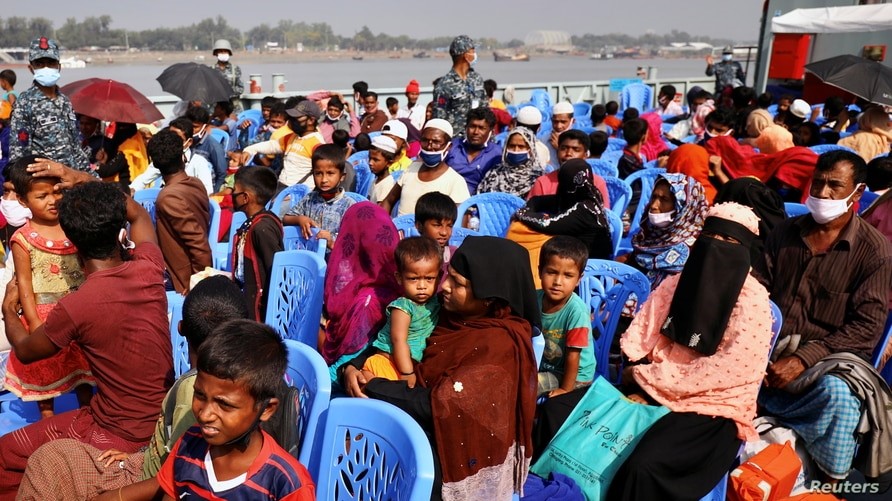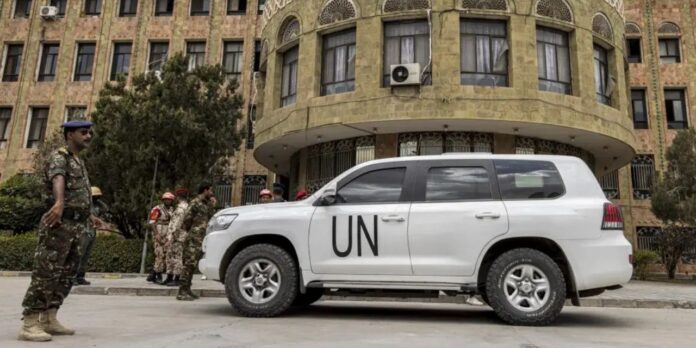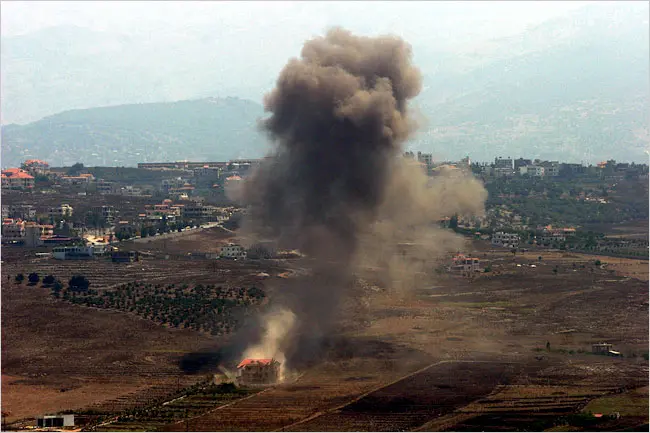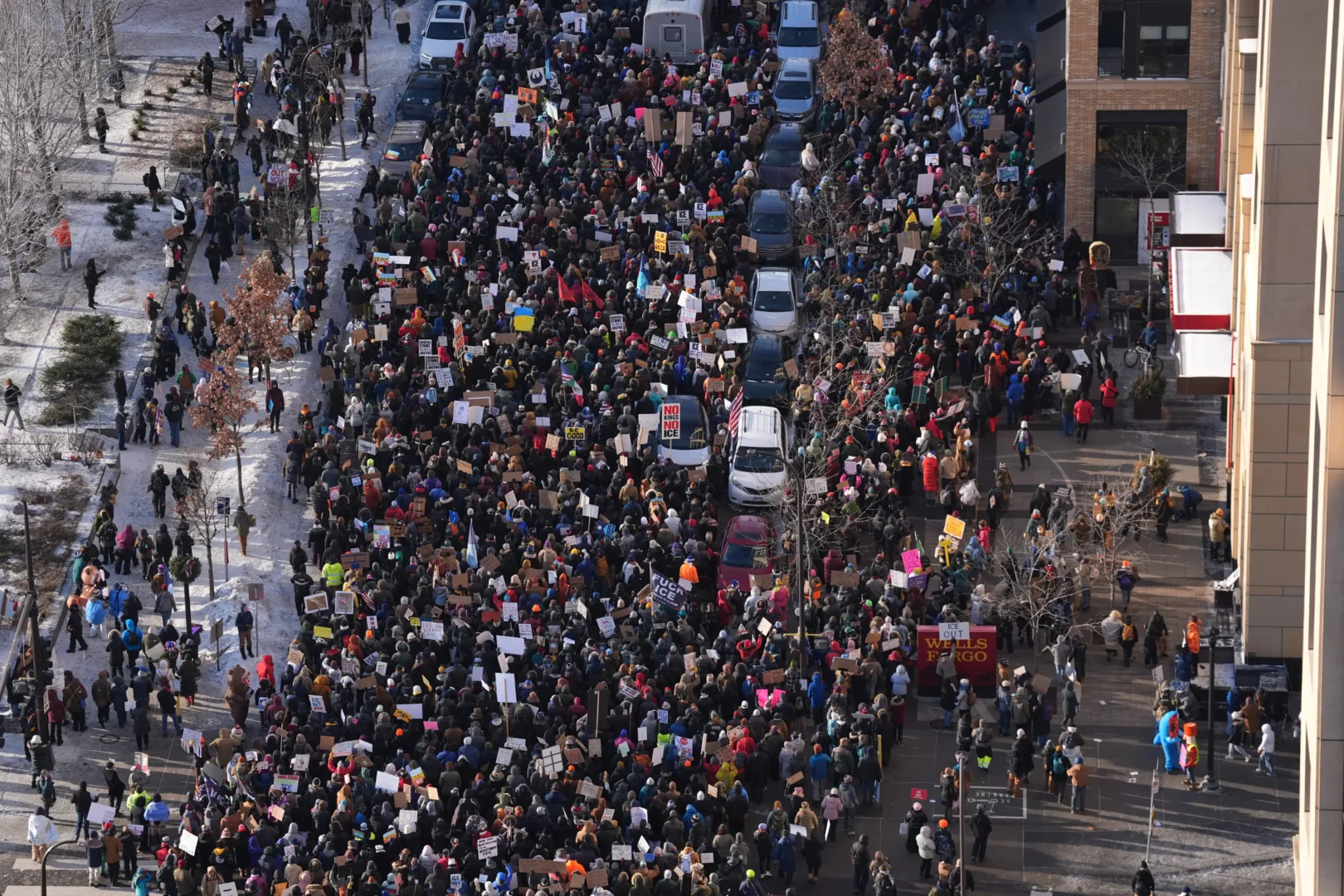Tensions Escalate in Lebanon: Airstrikes and Diplomatic Talks Highlight the Struggle for Peace
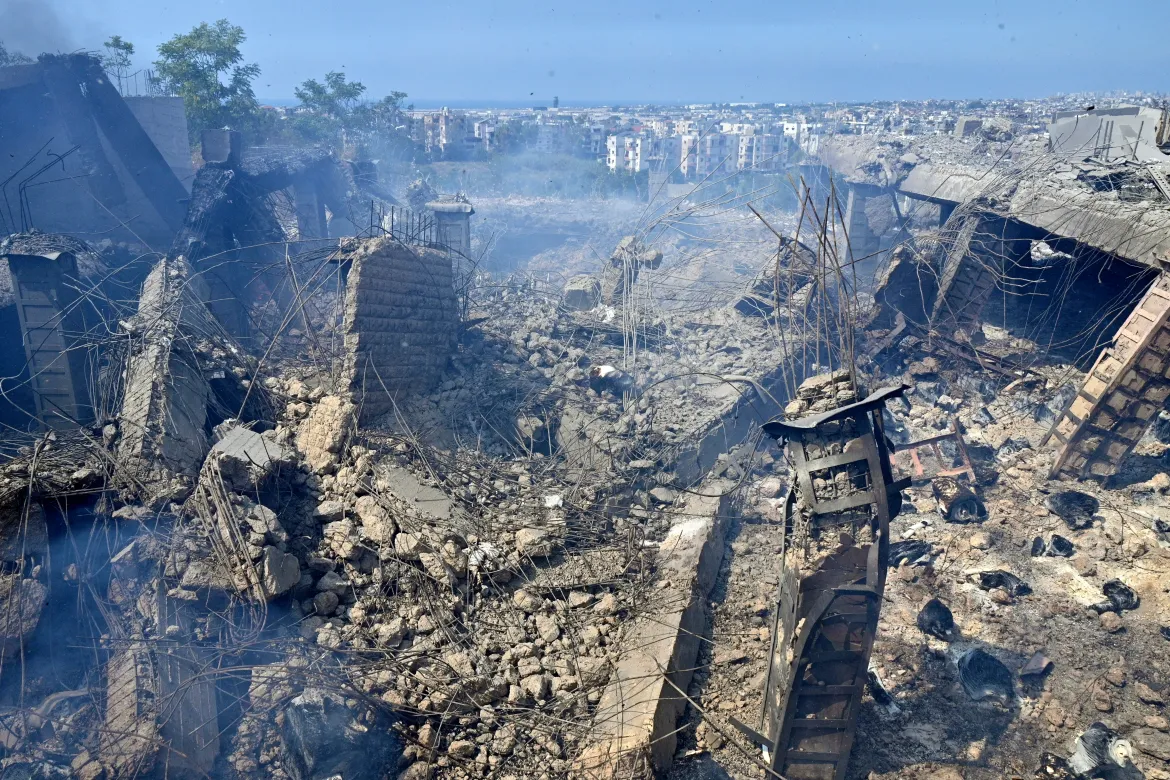
Archive/Al Jazeera
Three Israeli airstrikes rocked the southern suburbs of Beirut early Thursday morning, causing significant alarm among residents. The strikes were preceded by a warning from the Israeli army spokesperson, who had used social media to notify the public of the impending attacks. The precision of these strikes highlights Israel’s ongoing military actions in the region, which have contributed to an increasingly tense atmosphere in Lebanon.
Amid the rising tensions, U.S. envoy Amos Hochstein conducted a second round of diplomatic talks with Nabih Berri, the Speaker of Lebanon’s Parliament, on Wednesday. Speaking to reporters afterward, Hochstein reported that the discussions had made “additional progress.” Despite the positive tone, he remained tight-lipped about the specific issues that are still unresolved, focusing instead on his next diplomatic mission. Hochstein announced that he would be traveling to Israel in an effort to move closer to an agreement, saying, “I’m going to Israel now to try to bring this to a close, if we can.” The remarks reflect both optimism and the delicate nature of the negotiations, which have yet to find a concrete resolution.
Meanwhile, Hezbollah’s Deputy Secretary-General Naim Qassem addressed the situation in a televised speech on Wednesday, offering a stern rebuttal to Israel’s stance on a potential ceasefire. Qassem made it clear that Hezbollah would not accept any conditions imposed by Israel as part of a ceasefire deal. He also indicated that the group had submitted its own set of “remarks” regarding Israel’s proposals, but that the final outcome would depend entirely on how Israel responds. “The ball is now in their court,” Qassem stated, signaling that Hezbollah was waiting for Israel’s next move before deciding whether to engage further in negotiations.
The combination of military strikes and ongoing diplomatic talks sets the stage for a critical moment in the ongoing conflict. With tensions high on both sides, the situation remains volatile, and the next steps—whether through continued negotiations or further escalation—could significantly impact the region’s stability. The international community remains on edge, watching closely as both Lebanon and Israel navigate the complex political and military landscape.
Al Jazeera/Agencies.


